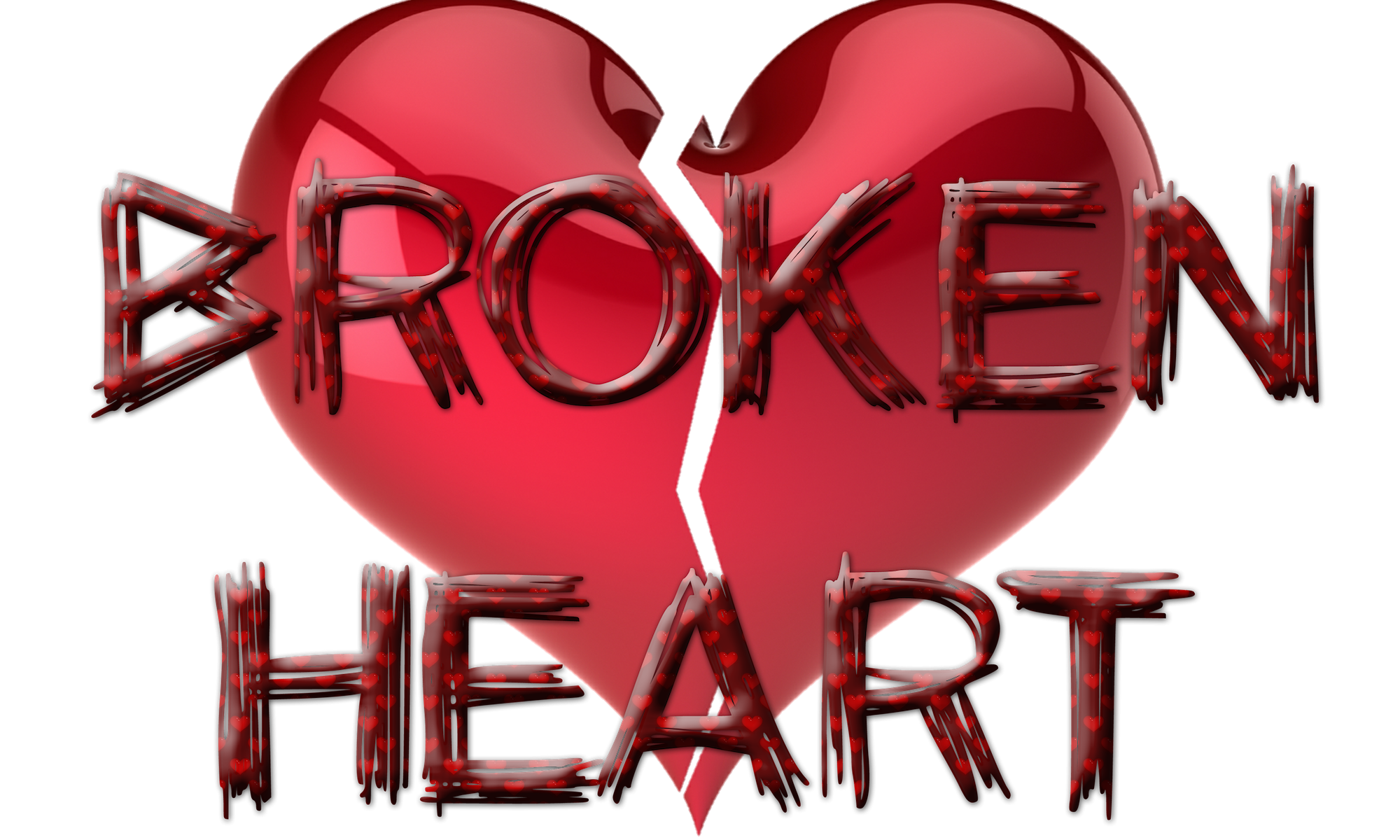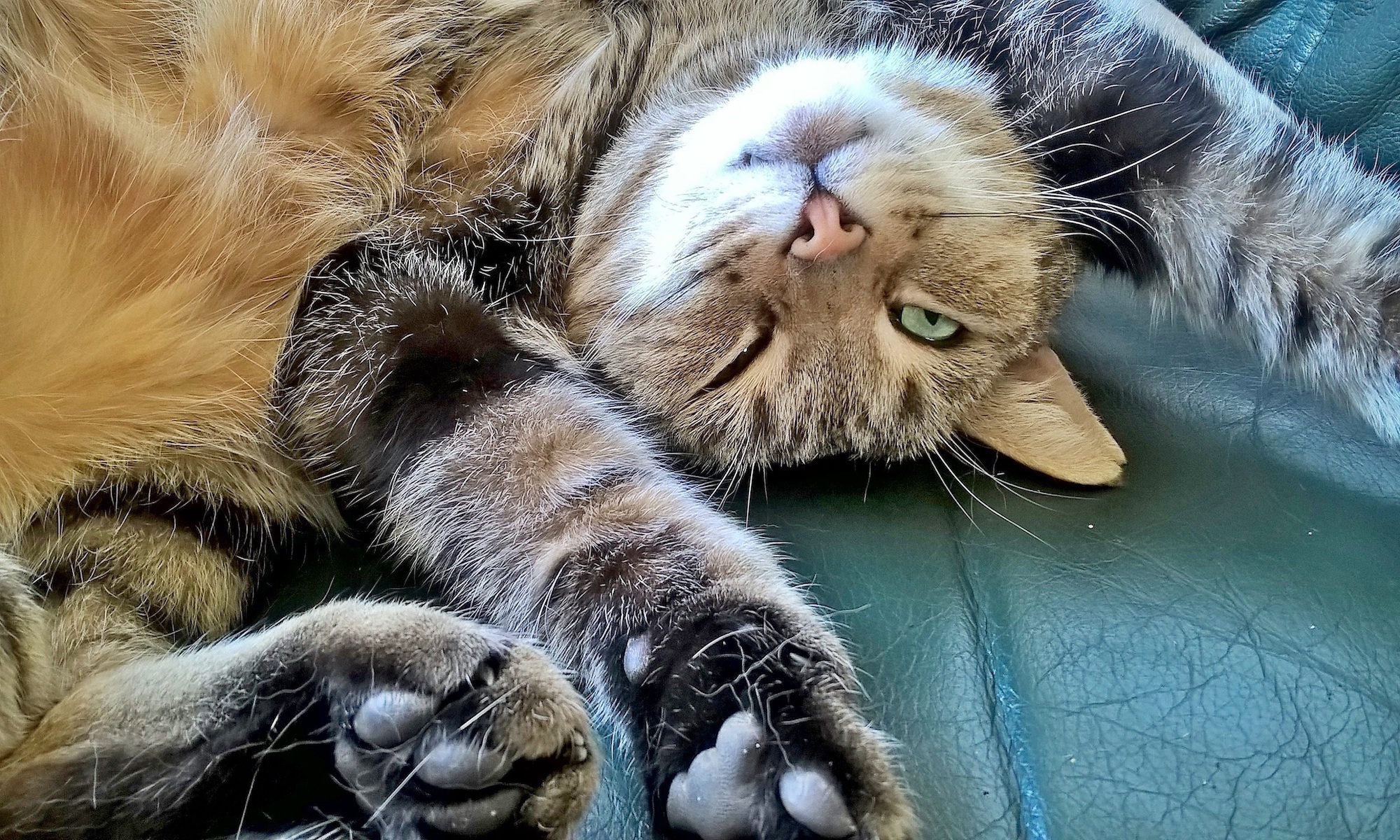This recent UK article caught my attention (it’s a good read). It talks about the fear that disabled and chronically ill workers face if they were to reveal their conditions to their employer. Penalties and job loss being two major ones. It also questions whether the pandemic has helped to change our mindset about this or whether our biases are too entrenched to implement changes that would better support the vulnerable. Which got me thinking. This is exactly the same for the bereaved. Are you keeping symptoms of your bereavement a secret from your employer to protect your job?
Continue reading “Are you keeping your bereavement a secret from your employer?”“Emotional Charity” – We can all afford to give
Recently, I’ve been thinking about how often we are called to act with more kindness and sensitivity towards others when we don’t really feel like it. Yet, the moment we become aware that we can respond to any situation in a more positive way, is the moment we can’t turn our back on trying to be kinder, gentler people. With ourselves and each other. I say trying because it can be difficult wanting to be nice sometimes.
We can change the way we treat others
While it’s vitally important we treat ourselves with kindness and gentleness to heal, this post is more about how we can change the way we treat others to alleviate any tension we all face in our relationships. In normal times when we are regularly challenged to juggle our competing emotions with others, the pandemic has ramped them up. Nearly every other news article is about how the pandemic is affecting us. Millions of people are facing a variety of challenging situations.
There’s been a noticeable increase in mental health issues, divorce, people struggling with isolation, loss, illness and a host of other problems. It’s a whole other level to manage our emotions in more trying times. People are frustrated. Situations are unpredictable. For many life feels scary. We all deserve to feel supported by each other and in particular, by the people who surround us. Which is where emotional charity comes in.
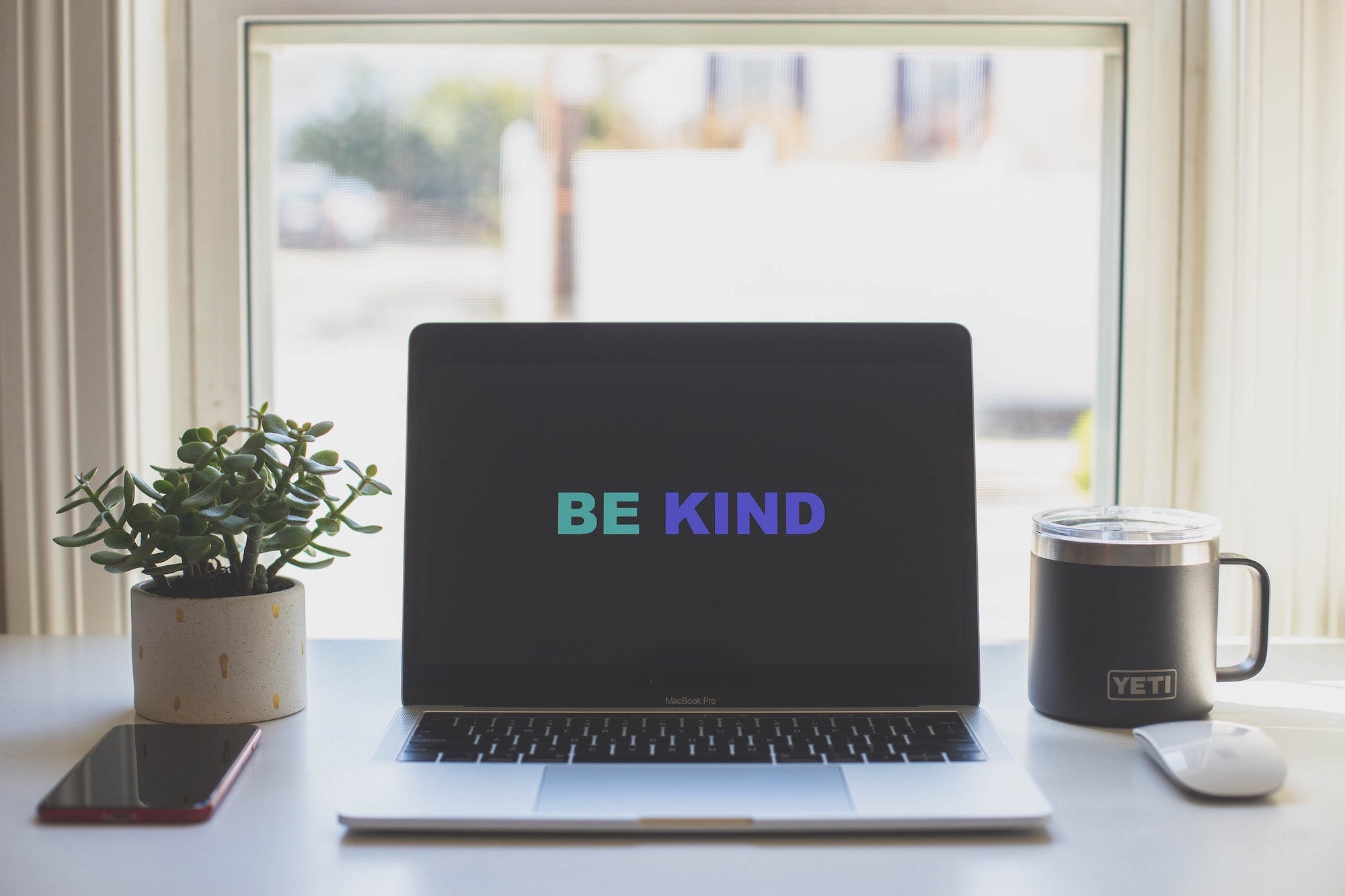
What is emotional charity?
Emotional charity is when we decide to be kinder, gentler people with others. Which isn’t a whole lot different than being able to feel compassion for what anyone is going through. Demonstrating emotional charity happens when we are willing to be the first to forgive. When we can accept where others are in their life and we don’t expect anything from them. Which helps us become more compassionate human beings.
While we can choose to be emotionally charitable just by deciding to be nice, the truth is that being nice is a challenge for many people. As a long-term sufferer, I can easily feel the suffering of others. At the same time, I know how difficult it can be to want to be nice to others. Especially, our nearest and dearest.
Behind every act of meanness is someone in pain
Behind every act of meanness is someone in pain. While it’s tempting to run from conflict rather than face it head on, responding to someone in pain with gentleness and kindness is more helpful. We can end all conflict in our relationships by understanding there’s always a deeper reason for anyone’s outburst, silence or misery.

Compassion is a powerful emotion for healing
While our brains haven’t developed to allow us to always feel compassion for others, when we can feel it and are on the receiving end of someone else’s care, we can start to heal. In fact, compassion is one of the most powerful emotions for healing
Anything we experience as trauma has a profound impact on our body, nervous system and brain. Physical sensations include a racing heart, rapid breathing, body rigidity. Emotionally, we can’t connect with others. We feel isolated, angry and sometimes rage. Compassion helps to ease these symptoms. (To read more about compassion related to trauma and PTSD click here.)
Understanding another person’s situation is effective
Research has shown that subjectively understanding another person’s situation is highly effective for our healing. For any one of us, deciding to be more emotionally charitable is essential to helping each other get through the trying times.
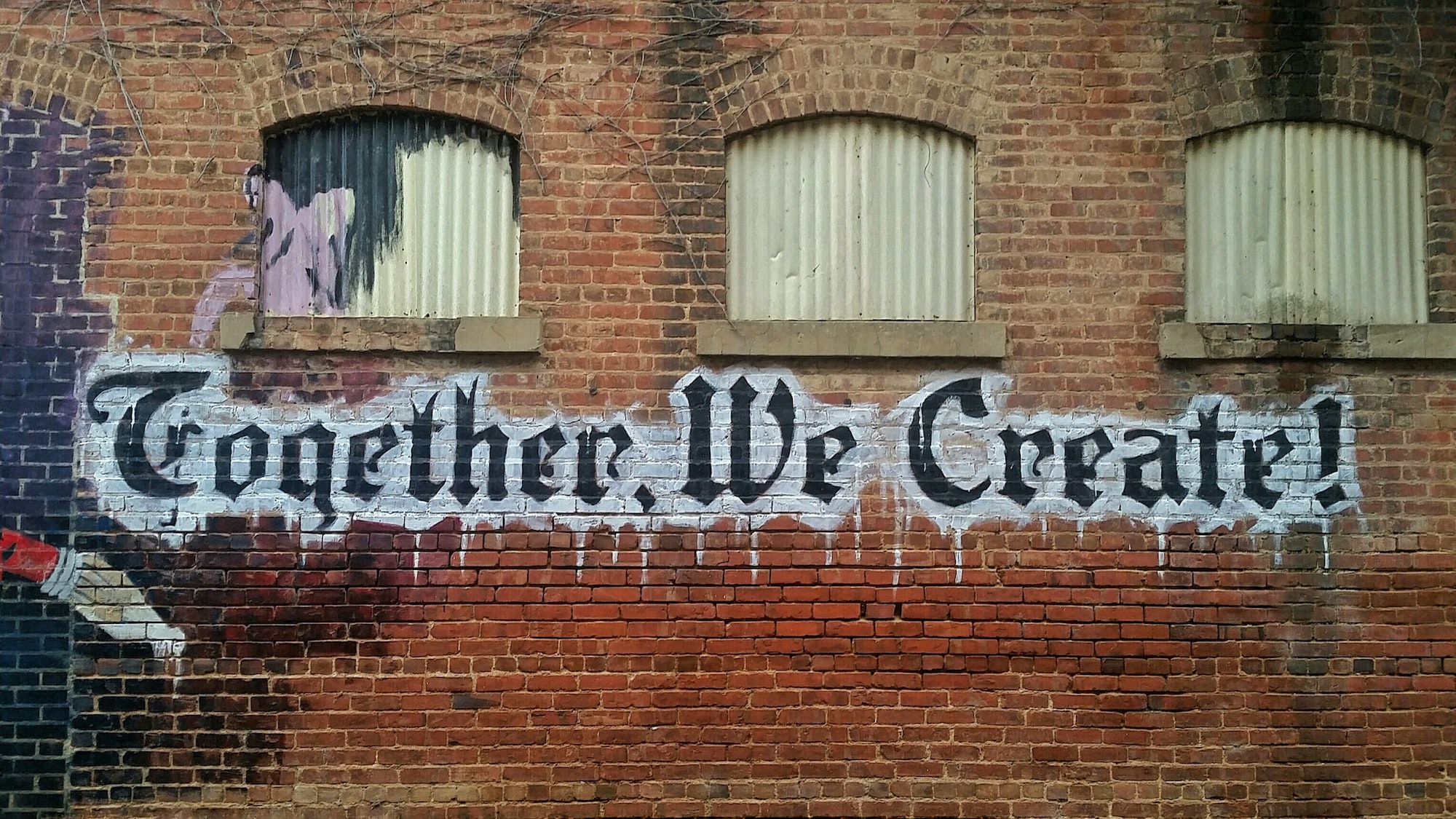
We don’t have to be severely traumatized or suffering to benefit from the compassion of others. Being more understanding of anyone’s situation is a significant part in all of us contributing to the creation of a more inclusive, tolerant, caring society.
To be more emotionally charitable:
- Use a gentle tone of voice when responding to someone acting out.
- Ask your loved one how they are REALLY feeling (like you mean it and have the time to listen).
- Offer your loved one specific support rather than tell them to call you if they need anything.
We still have a long way to go to get more comfortable airing our mental and emotional discomforts without feeling any stigma. However, if there is something positive about the pandemic, it’s that it is allowing us to express these and some of our other vulnerabilities more frequently and in an open, inclusive way. Which is a great thing to help bring about the longer-term changes that we all need.
To learn more about my latest publication:
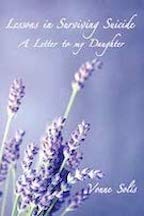
For more about my other books and online support vonnesolis.com.
Need vs. REAL Need – How to tell the Difference
Last post, I wrote about how to break the habit of telling ourselves we “have to” or “should do” this or that. Thinking we need to do whatever we are telling ourselves is often an automatic reaction to believing we must meet a specific need. Urgently! But thinking and acting this way only puts excessive pressure on ourselves that keeps us in a state of frenzy. A cycle that can be hard to break free of.
There’s a difference between knowing real need from those needs we pressure ourselves into thinking must be met, right now! These latter often are tasks we may conclude aren’t so important when we stop to think about our priorities.
Continue reading “Need vs. REAL Need – How to tell the Difference”The peril of telling yourself I “have to” or “should” – how to break the cycle
How often do you catch yourself saying I “have to” or “I should do” this or that? You may not even be aware of how much you repeat this to yourself each day. Yet, telling yourself “I have to” or “I should” can be perilous to your mental and physical health.
When we have an opportunity to fill our spare time (yes, I can hear you laughing), the decisions we make based on what we are telling ourselves, may not be in our best interest. This is particularly true when we are recovering from loss. Living with a disability. Or, when we are trying valiantly to meet our own high standards or the expectations of others. The stress can be enormous!
Continue reading “The peril of telling yourself I “have to” or “should” – how to break the cycle”Science Proves “Broken Heart” Syndrome
Science has proven that we can (and do) die from a broken heart. The medical term is Takotsubo cardiomyopathy – a condition that affects the heart muscle, giving the left ventricle a distinctive shape. It causes the heart to balloon and weaken and contract abnormally. The symptoms appear rapidly and are similar to those of a heart attack (shortness of breath, chest pain, arrhythmia). They are brought on by shock, stress or an emotional event, such as loss and bereavement. While broken heart syndrome can be temporary, with the heart muscle able to recover over days, weeks or months, for some who have the condition, there can be complications and even death. Broken heart syndrome affects around 2,500 people in the UK each year (I’ll add here of those that seek medical attention and receive the diagnosis – many grievers don’t go for medical help or attribute physical illness to grief). Numbers elsewhere in the world are unclear in accordance with the somewhat limited information available on the internet.
Your Health – Environment is Everything
I just moved into the condo of my aspirations. I won’t say dreams, but I will say the aspiration I had for the past two years to live in a condo with an ocean view in the city I have come to love on Vancouver Island. My husband and I moved to the island in 2016, but to a city that wasn’t on our radar. But by a force of nature that I couldn’t compete with, and despite not understanding the reasons for the events that occurred to bring us where we are today, I now understand it all and couldn’t be any happier or feel more at peace. Which says a lot, speaking as a bereaved mom who has not felt at total peace for years.
Continue reading “Your Health – Environment is Everything”




